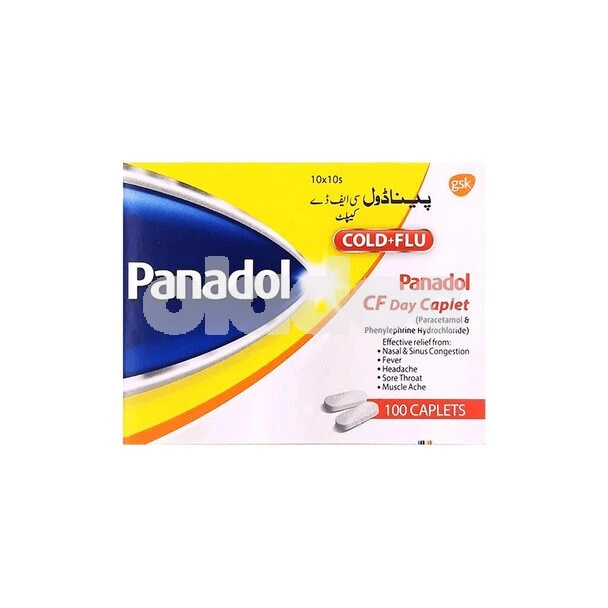While some habits are noticeably harmful to our health, we might be unaware of others. These unhealthy habits put a lot of pressure on our kidneys, which are one of the most important organs of our body.
Kidneys regulate blood pressure, filter out toxins from our blood and are also tasked with the eliminations of waste from the body. Damage done to the kidneys is irreversible and can also increase the risk of heart attack or stroke.
On the occasion of World Kidney Day, 10th March, let’s raise awareness regarding kidney health and stop indulging in habits that can damage our kidneys.
Here are some everyday mistakes that you should give up for the sake of your kidneys and overall health:
Table of Contents
1. Smoking Cigarettes
The harmful effects of smoking go beyond heart and lung, as studies have shown that smokers usually have more protein in their urine, which is a symptom of kidney damage.
Other diseases that take a toll on kidneys, like high blood pressure and diabetes, are also worsened by smoking. Smokers are also more at a risk of needing or kidney transplants or dialysis.
2. Consuming Packaged Food
Processed foods are high in sodium, which can lead to both heart and kidney problems. When you consume too much salt, your body flushes it out when you urinate, along with calcium. This increases your chances of developing kidney stones.
The upper limit for sodium is at 2,300 milligrams, and most people exceed that. While we are mindful of fat, carbs, and calories, we often don’t pay attention to sodium according to top nephrologist in Islamabad.
3. Long-Term Use Of Painkillers
Using certain high dose painkillers for a prolonged effect of time can be detrimental to kidney tissues and structures. Both prescription and over the counter pain medications can be damaging to the kidneys as they reduce blood flow.
You should particularly be wary of non-Steroidal Anti-Inflammatory Drugs (NSAIDs). Nearly 1 to 3 percent of cases of chronic kidney failure are caused by the overuse of pain medication.
4. Not Drinking Enough Water
While everyone’s water requirements may vary, chugging less than four glasses of water a day can really challenge your kidneys. Water is required to flush out excess sodium and regulate blood pressure.
When you are parched, your blood pressure dips, reducing blood flow to your kidney. This can be an issue as kidneys are very sensitive to blood flow.
5. High Sugar Intake
If you have a sweet tooth, you will need to kick the habit as high sugar intake can lead to obesity and diabetes, both of which have been linked to kidney diseases.
Cutting down your sugar intake or completely eliminating it will dial down your risk for obesity, diabetes, and kidney diseases. Cutting back on sugary, processed food will also reduce your calorie intake and help you avoid chemicals and sodium.
If you suspect your harmful habits have been putting a pressure on your kidneys for years, it is recommended that you visit a doctor.
You can find and book an appointment with a top nephrologist in Islamabad, Lahore and Karachi, and through oladoc. You can also call our helpline at 042-3890-0939 for assistance to find the RIGHT Doctor for your health concerns.






